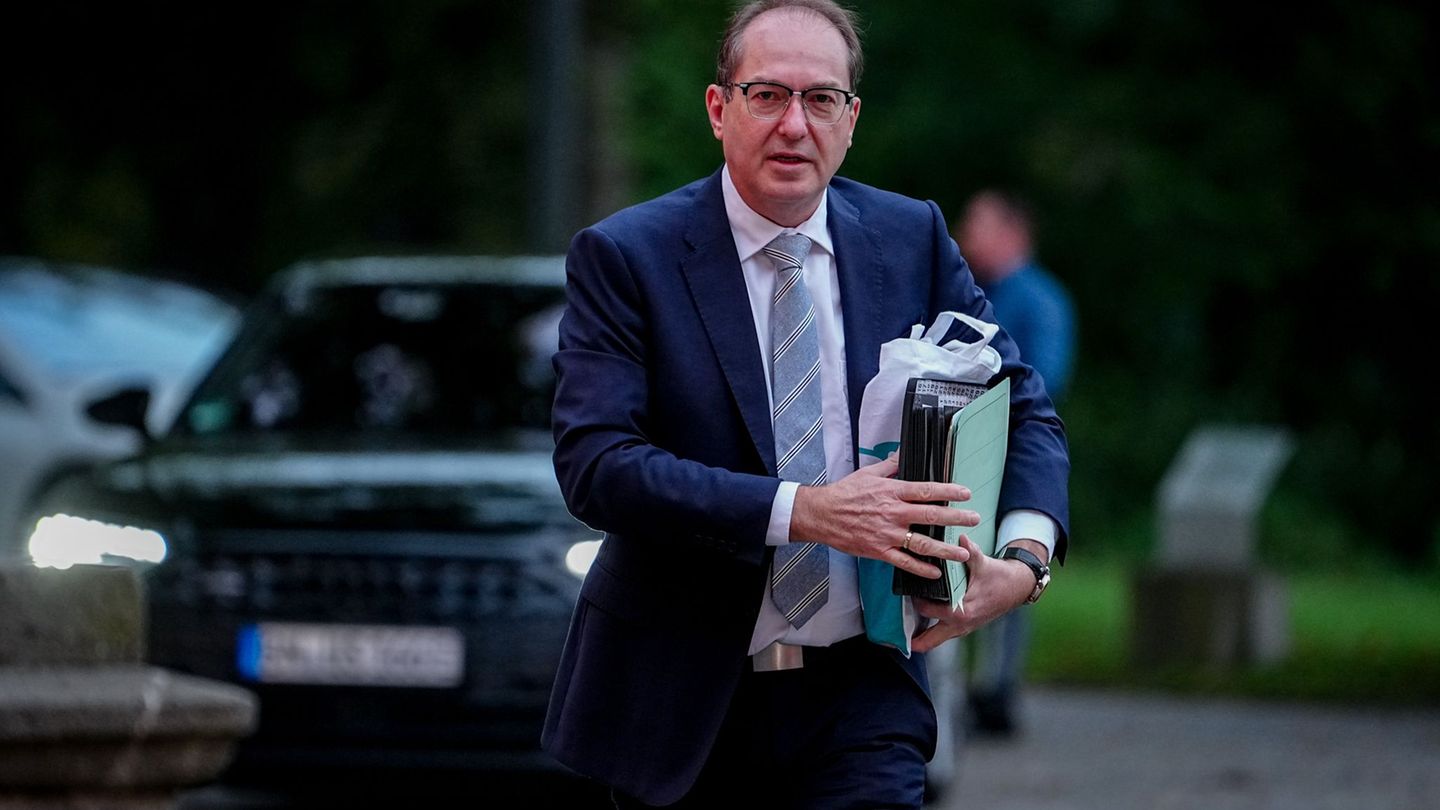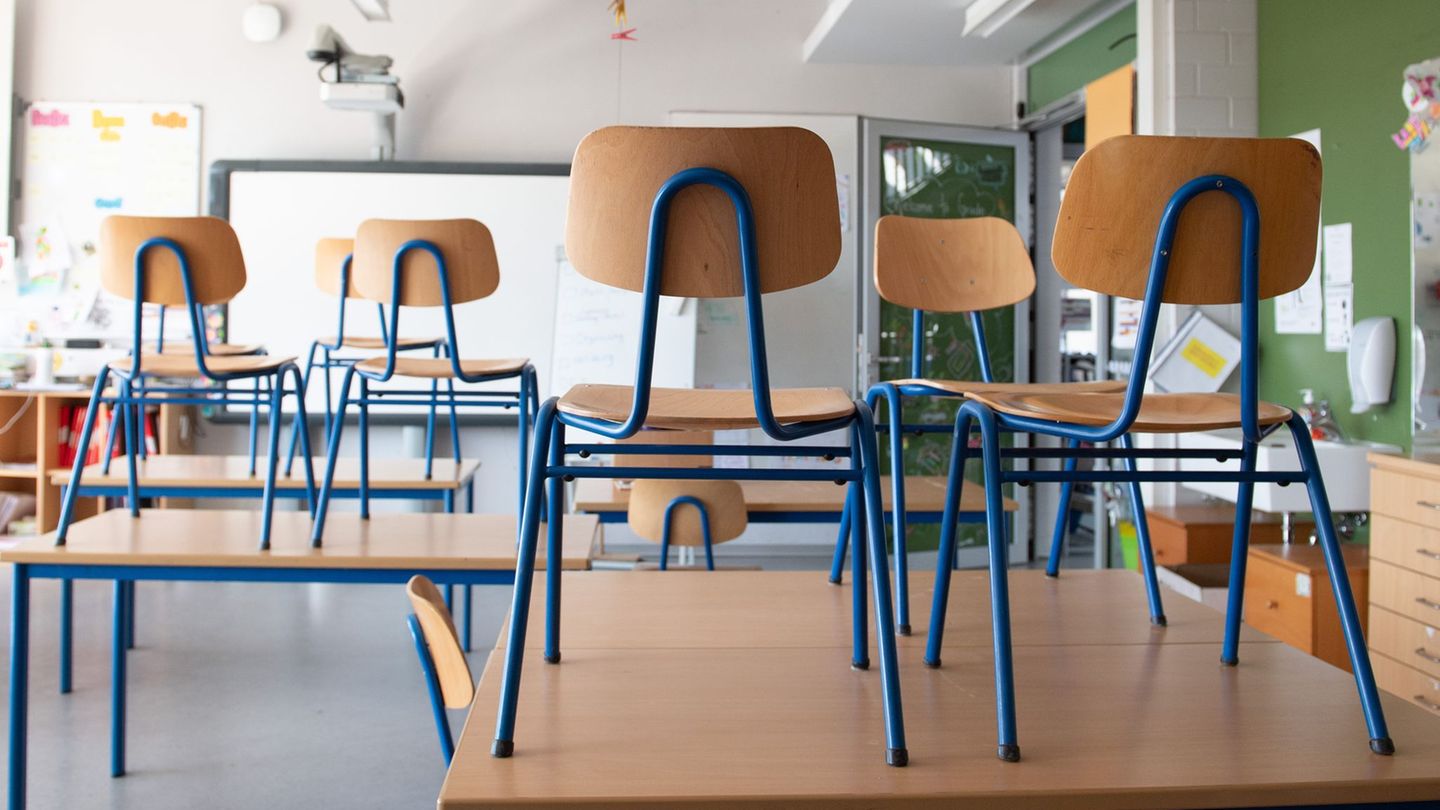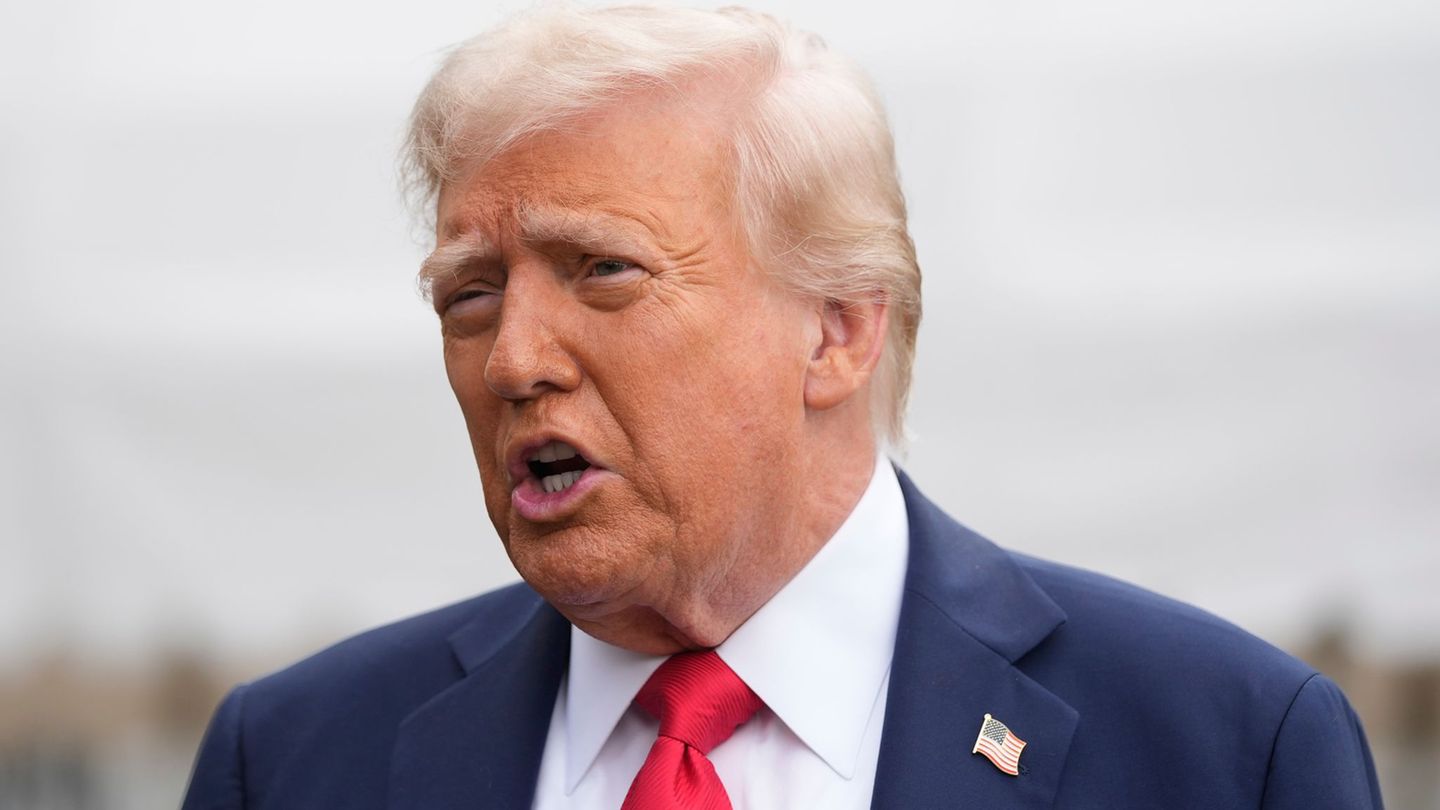Tehran and Riyadh are continuing their rapprochement. During a visit to Tehran, Saudi Arabia’s Foreign Minister also hopes that normalization will have a positive impact on the world.
It is the first visit by a high-ranking representative from Saudi Arabia to Iran in many years: Foreign Minister Faisal bin Farhan met his counterpart Hussein Amirabdollahian in Tehran. Faisal bin Farhan announced that Riyadh would soon reopen its embassy in Iran as the two countries grew closer. He did not give an exact time for this. Earlier this month, Iran reopened its embassy in the Saudi capital, Riyadh.
Relations between the two countries are based “on absolute respect, sovereignty and non-interference in internal affairs,” said Faisal bin Farhan. In the evening he also wanted to meet with Iran’s President Ebrahim Raisi.
Iran and Saudi Arabia normalize relations
Both sides have been cautiously approaching each other on a diplomatic level since last year. Several rounds of talks were held in Iraq, mostly on security issues. In March, Tehran and Riyadh announced that they wanted to resume diplomatic relations. Shortly thereafter, the governments announced that they would again offer flight connections between the two countries and that they wanted to make it easier to issue visas.
After an attack by demonstrators on the Saudi embassy in Tehran, Riyadh broke off diplomatic contacts in 2016. The rivalry between the Sunni kingdom and the predominantly Shia Iran also took place in military conflicts in the region.
Riyadh and Tehran support different sides in the war in Yemen, for example. After the normalization of their relations, the hope for an end to the fighting in the civil war country became louder. Three months later, however, there is still no sign of a solution to the conflict. “We hope that the return to normal relations between the two countries will have a positive impact on the region and the world,” the Saudi foreign minister said on Saturday.
Riyadh: defeat or pragmatism?
The Saudis have lost the struggle with Iran for political power in the region, comments US magazine Foreign Policy. “The normalization of diplomatic relations with Iran is just a cover for this setback.” The Iranians have continued to expand their influence in Yemen, Lebanon and Syria. The fact that Iran’s ally Syria was accepted back into the Arab League is “perhaps the most spectacular expression” of Tehran’s success.
Other experts, on the other hand, see the rapprochement as a pragmatic step by the Saudi leadership, which wants to concentrate on expanding its economy and avoiding the threat from Iran and costly conflicts in the region. The meeting was also about economic cooperation, said Faisal bin Farhan. Iran’s foreign minister made a similar statement.
Success for China – and possibly also for Russia
China is also seen as the winner of the reorganization in the Gulf. Beijing had quietly mediated the rapprochement of the two rivals – a major diplomatic success for the country.
Some observers see another beneficiary: Russia. Moscow can now deepen relations with both states without having to fear resistance from the other side, writes the UK-based online medium “amwaj.media”. The rehabilitation of Syrian President Bashar al-Assad in the Arab world as part of the rapprochement between Riyadh and Tehran is also playing into Russia’s hands. It could lead to the situation in Syria stabilizing, freeing up Russian resources for the fight in Ukraine.
Source: Stern
I have been working in the news industry for over 6 years, first as a reporter and now as an editor. I have covered politics extensively, and my work has appeared in major newspapers and online news outlets around the world. In addition to my writing, I also contribute regularly to 24 Hours World.




